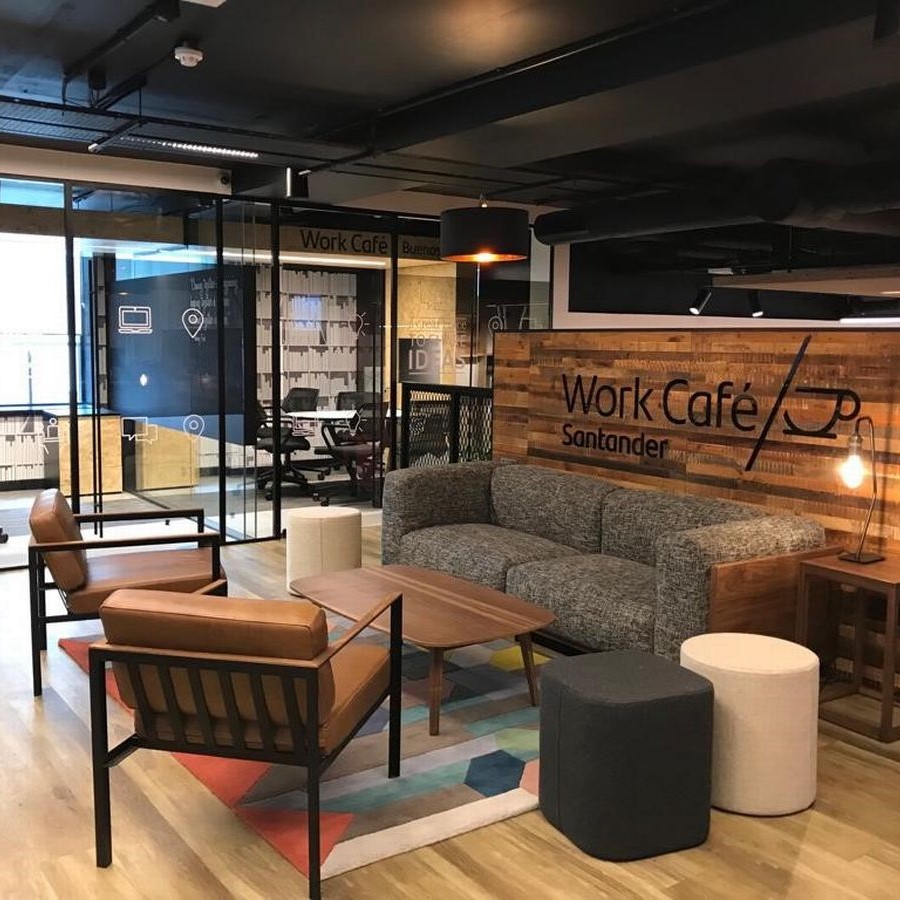To provide the best experiences, we use technologies like cookies to store and/or access device information. Consenting to these technologies will allow us to process data such as browsing behaviour or unique IDs on this site. Not consenting or withdrawing consent, may adversely affect certain features and functions.
The technical storage or access is strictly necessary for the legitimate purpose of enabling the use of a specific service explicitly requested by the subscriber or user, or for the sole purpose of carrying out the transmission of a communication over an electronic communications network.
The technical storage or access is necessary for the legitimate purpose of storing preferences that are not requested by the subscriber or user.
The technical storage or access that is used exclusively for statistical purposes.
The technical storage or access that is used exclusively for anonymous statistical purposes. Without a subpoena, voluntary compliance on the part of your Internet Service Provider, or additional records from a third party, information stored or retrieved for this purpose alone cannot usually be used to identify you.
The technical storage or access is required to create user profiles to send advertising, or to track the user on a website or across several websites for similar marketing purposes.
 Santander has opened its first Work Café in the UK. The Work Café concept was initially developed by Santander in Chile in 2016 and its success has seen 50 branches opened in Spain, Portugal, Brazil and Argentina. The bank claims the reopened branch will work as a ‘community hub’ offering banking facilities, free coworking spaces and freshly-brewed artisan coffee. The branch was previously closed at the end of June last year. (more…)
Santander has opened its first Work Café in the UK. The Work Café concept was initially developed by Santander in Chile in 2016 and its success has seen 50 branches opened in Spain, Portugal, Brazil and Argentina. The bank claims the reopened branch will work as a ‘community hub’ offering banking facilities, free coworking spaces and freshly-brewed artisan coffee. The branch was previously closed at the end of June last year. (more…)































July 11, 2019
Diversifying hiring practices to bridge the skills gap
by Jennifer Warawa • Comment, Workplace